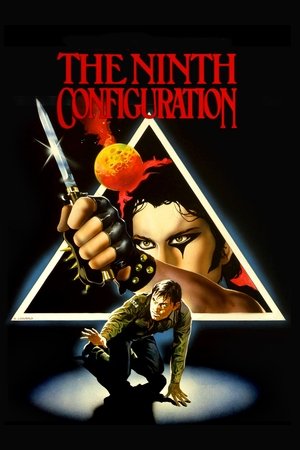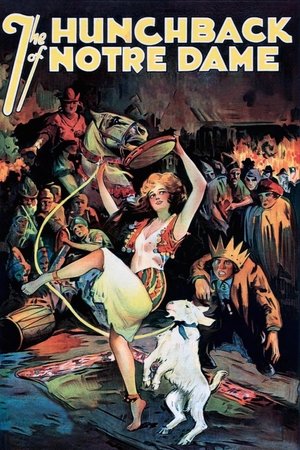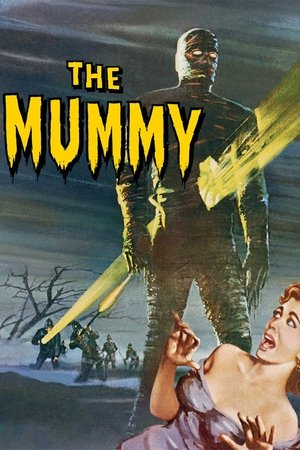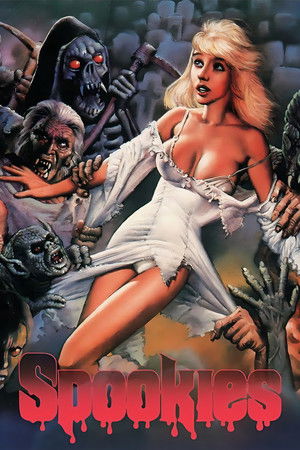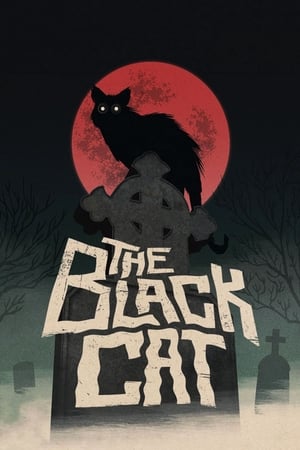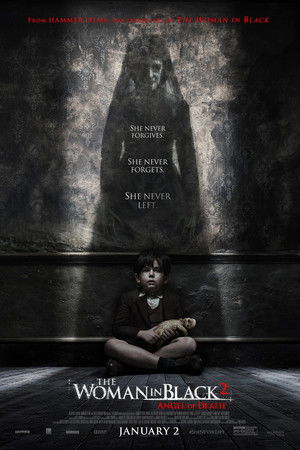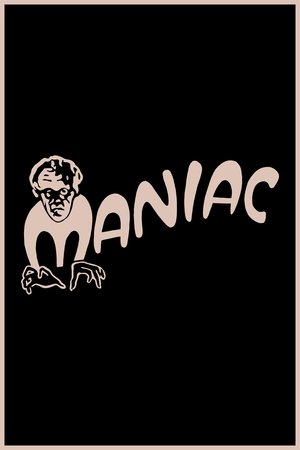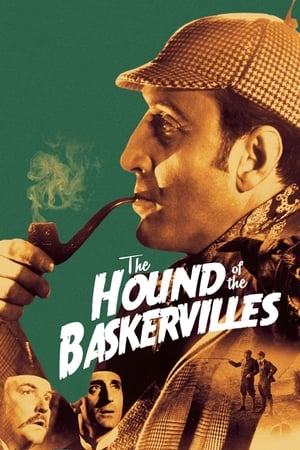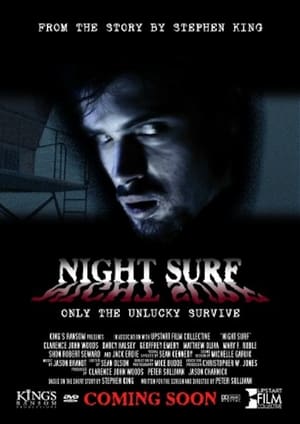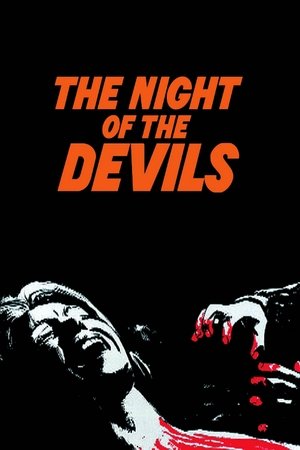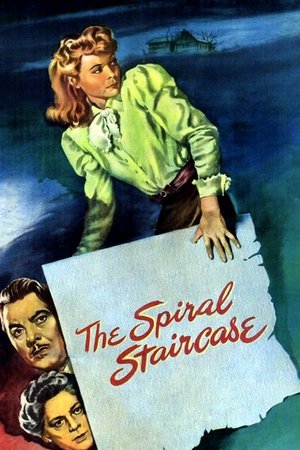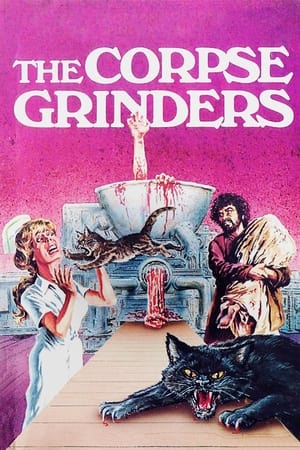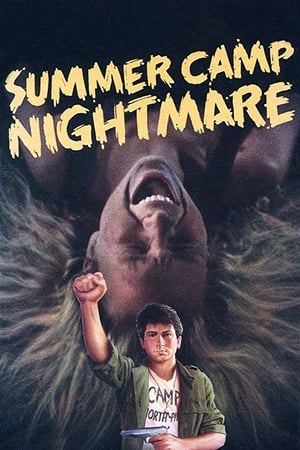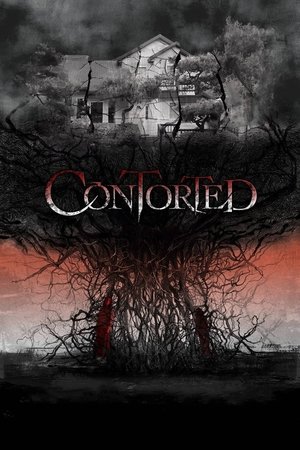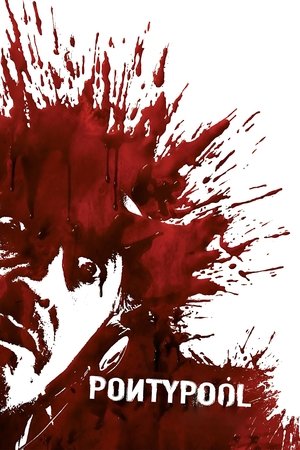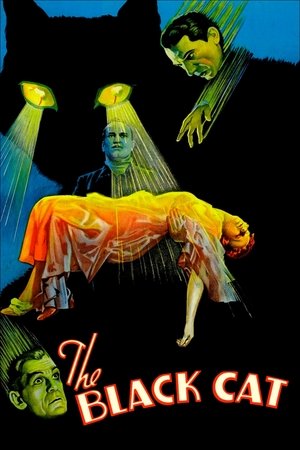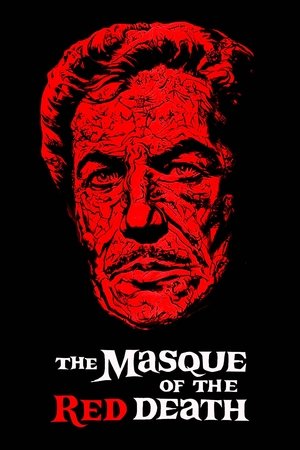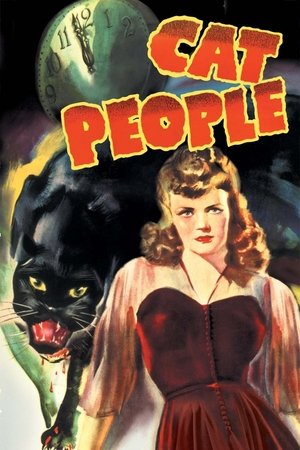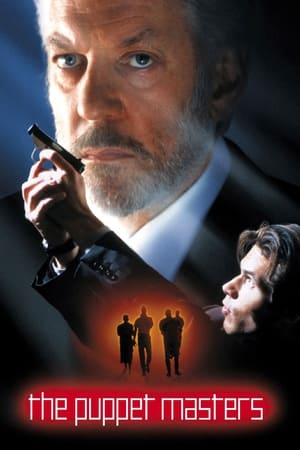Overview
Verden Fell is shattered after the death of his lovely wife. But, after an unexpected encounter with Lady Rowena Trevanion, Fell soon finds himself married again. Nevertheless, his late wife's spirit seems to hang over the dilapidated abbey that Fell shares with his new bride. Lady Rowena senses that something is amiss and, when she investigates, makes a horrifying discovery -- learning that Fell's dead wife is closer than she ever imagined possible.
Reviews
This movie got love, death, and marriage.
This movie also plays heavy into hypnosis.
The cat is the true star of the movie, getting more screen time than Vincent almost.
The pace is great and so is the unfolding of this story. Nothing gore and bloody, but it does keep suspense and the macabre in tact throughout.
Although not the strongest in the Poe series that Corman did, it is still a movie that can entertain.
Also if Disney wasn't using the title, I feel they could've used "That darn cat!" as a movie title. But it wouldn't pack a punch like Tomb of the Cat or the one it has now.
_**The black cat from hell at a manor in Victorian Britain**_
Amidst a crumbling castle in 19th century England, a widowed aristocrat (Vincent Price) mourns his wife, but quickly develops a new romantic relationship after meeting the forceful Rowena (Elizabeth Shepherd). Yet the soul of Ligeia seems to be haunting the estate and the apparently mesmerized Baron is hiding something.
Released in late 1964, "The Tomb of Ligeia” is Gothic horror based on the Edgar Allan Poe story from 1838 (which was revised in 1845 with the addition of his 1843 poem “The Conqueror Worm,” written by the character Ligeia). This was the last of Roger Corman’s eight Poe films from 1960-1964, which all made money but this one made the least, possibly because the quasi-series had run its course and the story was overly complicated. Nevertheless, Corman considered it one of the best of the lot.
Since the original tale was so short, scriptwriter Robert Towne incorporated elements from other Poe stories, such as the black cat, mesmerism and a hint of necrophilia. The talky story isn’t as compelling as Corman’s “The Terror” (1963) or even “The Masque of the Red Death” (1964). It’s rather boring for the first hour, but there’s an effectively creepy payoff in the last act, which ties everything together. Like those previous two films, the sumptuous Gothic ambiance is worth the price of admission and the inclusion of Stonehenge is a highlight. You just have to acclimate to the dated drama-focused goings-on.
The movie runs 1 hour, 22 minutes and was shot at Shepperton Studios, just west of London, and Castle Acre Priory north of Swaffham, as well as other spots in England, such as Stonehenge, Polesden Lacey and Polzeath, Cornwall, at the southwest tip of Britain (the beach scene).
GRADE: B-/C+

 81 min
81 min
 6.3
6.3
 1964
1964
 United Kingdom
United Kingdom
 Wiccaburr wrote:
Wiccaburr wrote: